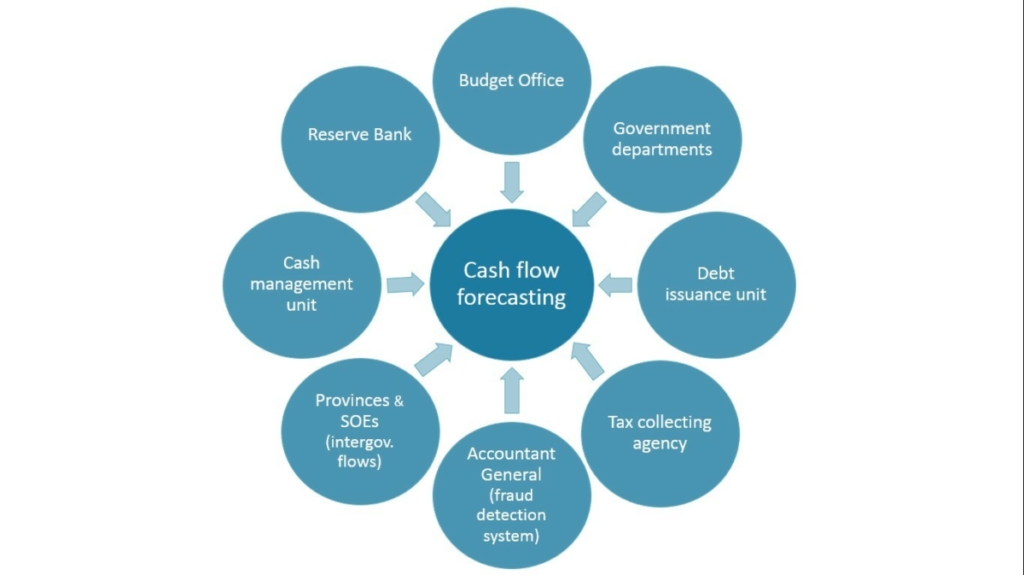
In recent years, the sub-Saharan African region has experienced strong real GDP growth and substantial trade integration. The drivers of this growth - improved policies, increased aid, debt relief, abundant global liquidity and high global commodity prices - have started to dissipate. The lesson for many countries, coming out of a period of boom and bust, has been the need to diversify away from commodities, increase export sophistication, and integrate into regional and global value chains.
One of the key elements or platforms for sustainable growth is a strong and well-regulated financial system that will attract investment. Finance ministries, central banks and other financial institutions are key in the development of financial systems and the supporting infrastructure. With this in mind, CABRI has welcomed the opportunity to absorb the work of the Centre of African Public Debt, previously housed in the National Treasury (RSA) and supported by the OECD. The annual work plan of the Centre comprised mainly of regular study tours to South Africa, annual forums, publication of a Public Debt Statistical Yearbook, and joint workshops with UNCTAD and the Commonwealth.

Stakeholders involved in forecast
CABRI has applied its unique peer-learning based approach to supporting the field of public debt management. The new programme of work on public debt management will focus on: (i) strengthening public debt management capabilities; (ii) promoting the development of strong local debt currency markets; and (iii) collecting, disseminating and analysing statistics on African central government debt and bond markets.
As a first event, and based on requests received from several finance ministries in Africa that are in the process of restructuring their public debt offices, CABRI will host a five-day workshop on improving cash management capabilities. This In Conversation workshop will combine peer learning, expert inputs, project work, and the establishment of peer-alliances. And will take place from 16 to 20 May 2016 at CABRI’s offices in Centurion, South Africa.
Cash management is the strategy and associated processes for cost-effective management of a government’s short-term cash flows and cash balances. The aim of implementing or strengthening cash management systems is to ensure optimal use of the funds available to meet expenditure requirements of government programmes.
Seven African countries (Ghana, Mauritius, Namibia, Seychelles, South Africa, Uganda and Zambia) will be in-conversation on cash management. The workshop will cover the seven fundamental features of a modern cash management system, namely:
Fundamental feature 1: Centralisation of government cash balances
Fundamental feature 2: Comprehensive understanding of the cash planning framework.
Fundamental feature 3: Accurate projections of short term inflows and outflows.
Fundamental feature 4: An adequate transaction processing and account framework.
Fundamental feature 5: Comprehensive, timely, reliable and useful information sharing between the central treasury, revenue collecting agencies, spending ministries, the Accountant-General’s Office and the Central Bank.
Fundamental feature 6: Appropriate use of short-term financial market instruments or surplus cash for cash management purposes
Fundamental feature 7: Integration of debt and cash management.
The above fundamental features will be workshopped using tools and techniques to assist cash managers articulate their challenges and develop problem statements and actions that will lead to robust cash-management systems.
Further workshops as part of the In Conversation Series, where a small group of African countries come together to analyse challenges and exchange experiences on practices, reforms and other lessons learned in a frank manner, will be scheduled for the near future. The series will lead to ‘in-country workshops’ to further strengthen country-specific systems.